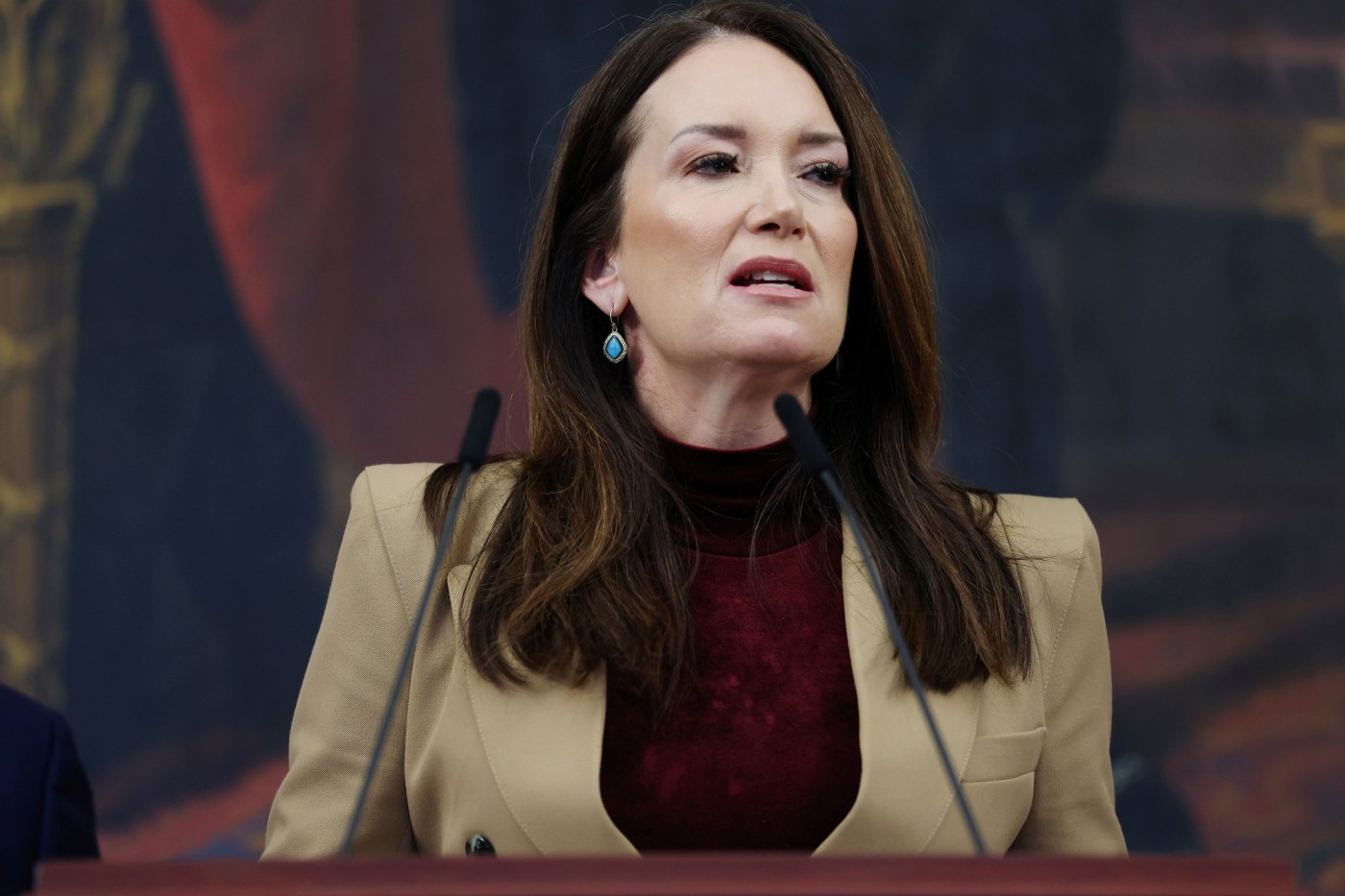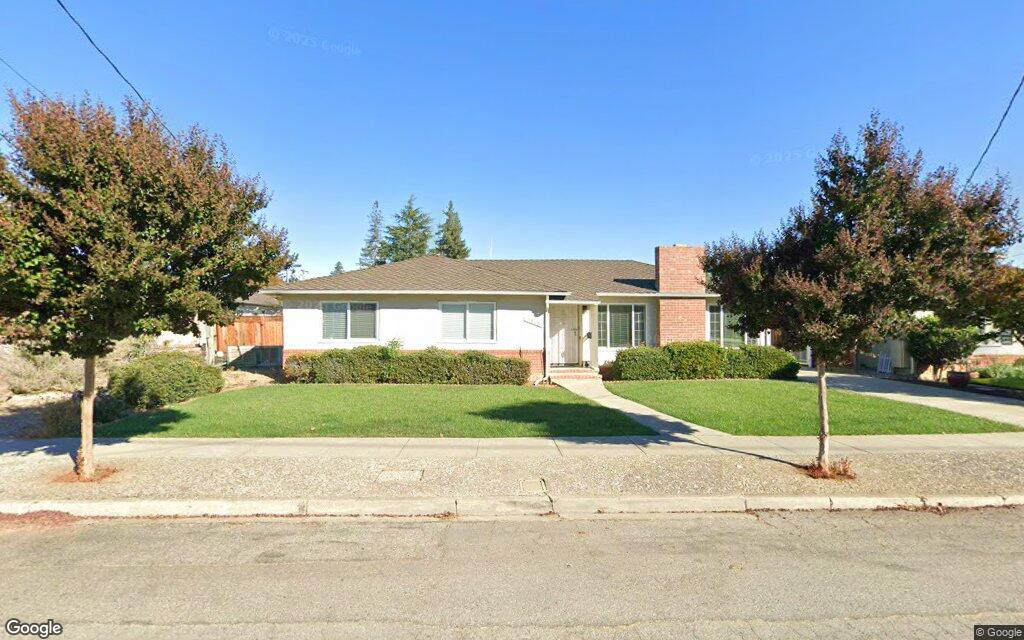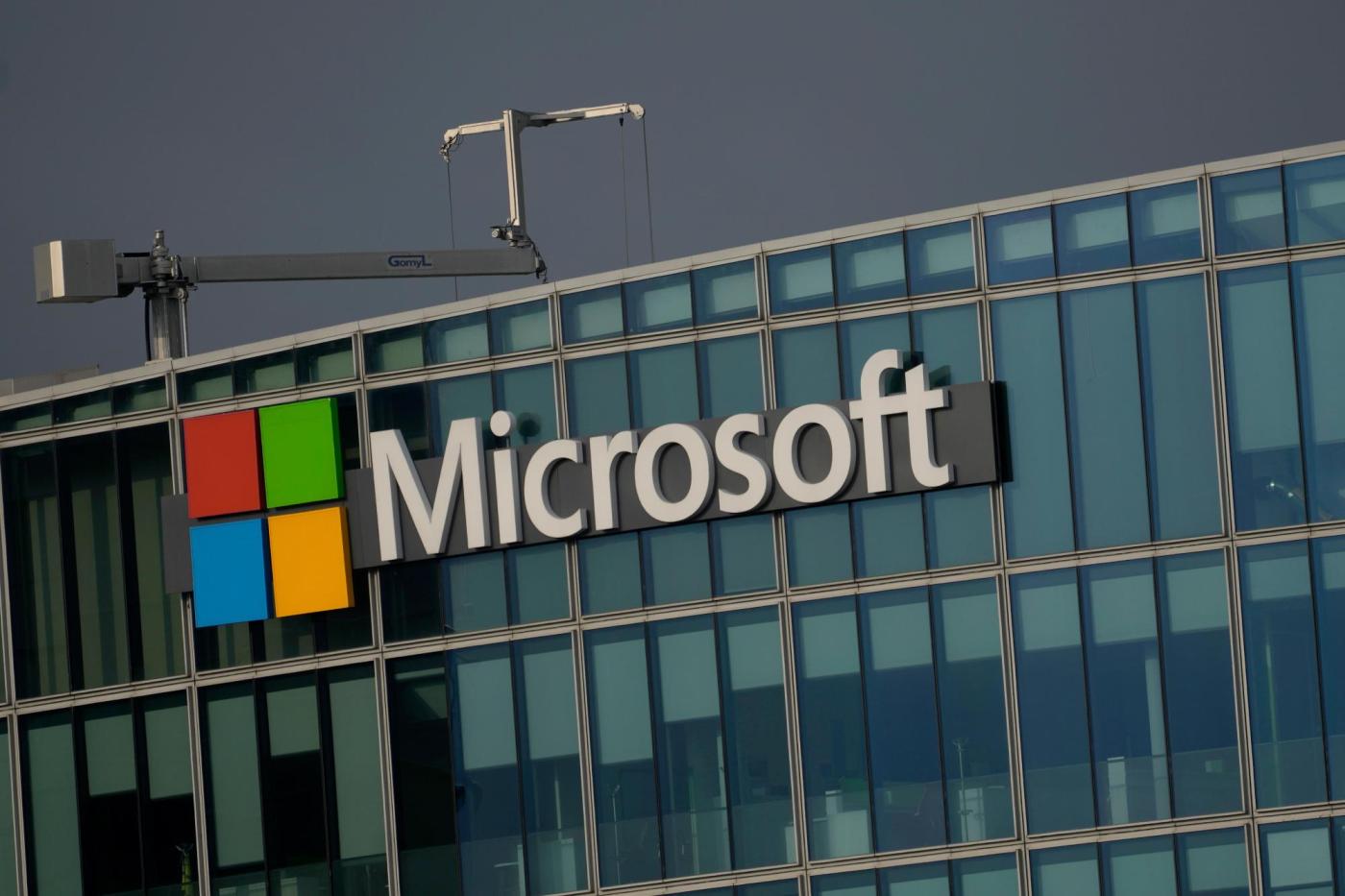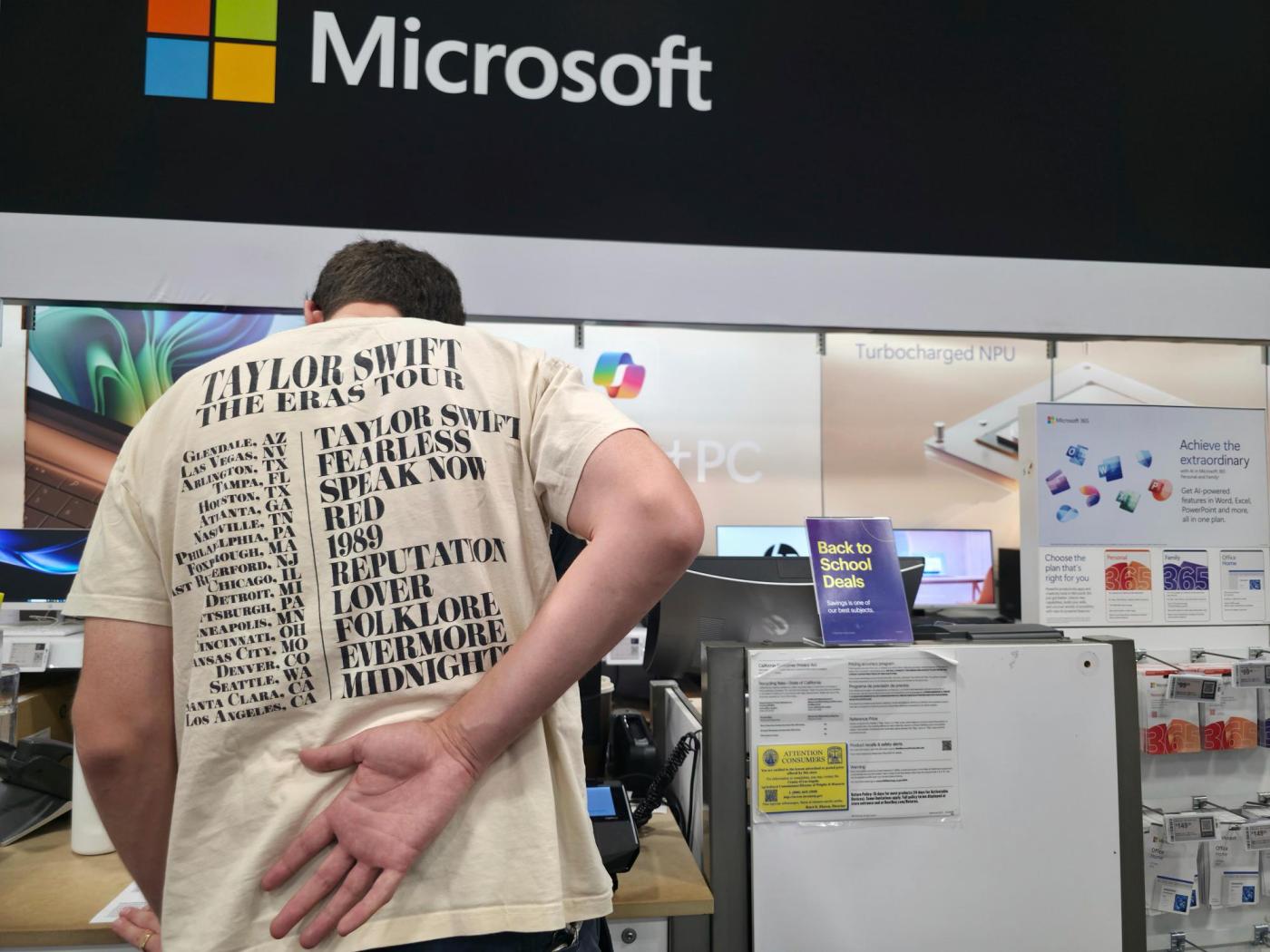President Trump’s Secretary of Agriculture Friday said the “silver lining” of the looming cutoff of SNAP food aid is a greater awareness of the downsides of what she derided as a “bloated” and “corrupt” program.
Even as two federal judges ruled that the government should make scheduled SNAP payments, USDA Secretary Brooke Rollins said there are some positive aspects of the prospect of 42 million Americans losing their benefits.
Related Articles
Shutdown fight reaches crisis point: What’s next for SNAP, health insurance, paychecks
Air traffic controller shortages lead to broader US flight delays as shutdown nears one-month mark
Trump administration must use contingency funds for SNAP payments amid shutdown, judges rule
As shutdown drags on, filibuster shows how “both parties have been hypocritical”
Santa Clara County will give $4.5 million to Second Harvest ahead of lapse in SNAP benefits
“The silver lining in all this is that we’re having a national conversation on our SNAP program,” said Rollins, whose agency oversees the program. “This has sort of shined a light on a program that especially under the last administration has just become so bloated, so broken, so dysfunctional, so corrupt, that it is astonishing when you dig in.”
“So many people are taking advantage,” added Rollins, who so far says she won’t dip into a contingency fund to pay for SNAP amid the government shutdown.
Flanked by Republican House Speaker Mike Johnson, Rollins suggested the cutoff of SNAP payments would provide the Trump administration with an opportunity to slash funding by imposing new restrictions or reforms to the program informally known as food stamps.
RELATED: How to help: Where the hungry can find food — and others can give — as SNAP benefits cut off
“We are going to be talking a lot more about SNAP reform,” Rollins said, adding that the administration is focused on “taking that program back to its original intent of helping those who are truly needy in our communities but not to have a massive welfare benefit.”
Rollins spoke hours before tens of millions of low-income SNAP beneficiaries were set to be denied monthly payments on debit cards they can use to buy groceries, a first in the program’s 61-year history.
President Donald Trump, joined by Agriculture Secretary Brooke Rollins, in the Oval Office. (Anna Moneymaker/Getty Images)In past government shutdowns, the feds continued to pay for SNAP, but the Trump USDA shifted its policy in recent days and now says it won’t use the contingency funds to do so.
A Rhode Island federal judge Friday ordered the Trump administration to pay SNAP benefits “as soon as possible.”
The ruling came almost at the same time as a federal judge in Boston Friday ruled that the USDA was wrong to claim that it couldn’t use the money and that New York and 24 other Democratic-led states were likely to win a suit arguing the White House must use about $5 billion appropriated by Congress to pay benefits as scheduled.
District Judge Indira Talwani instructed the government to inform her by Monday how it would respond to her preliminary ruling, which suggested she would order payments made if the USDA does not agree.
The White House did not immediately respond to the twin court defeats.
New York Attorney General Letitia James hailed Talwani’s order and called on the White House to make arrangements to pay SNAP benefits.
“No one should choose between paying bills and buying groceries,” James tweeted. “We’ll continue our lawsuit to fight for our families and the services they deserve.”
Regardless of how the legal drama plays out, millions of beneficiaries are likely to face delays in receiving benefits because the government would have to load payments onto their cards for November in a process that could take more than a week.
Trump may also seek to appeal any ruling, further extending the delay in payments.
Gov. Hochul this week declared a state food emergency in New York to cope with the potential SNAP cutoff and has shifted more than $100 million in state funding to food pantries and soup kitchens.
But officials acknowledge that the new aid is only a drop in the bucket compared to the $650 million in federal SNAP aid that flows to some 3 million New Yorkers every month.
Republicans blame Democrats for the shutdown and the SNAP cutoff, saying they could end the crisis by voting for a GOP stopgap spending bill. Democrats are demanding negotiations on Trump’s health cuts and Obamacare tax credits.
Trump Friday called on GOP senators to scrap the filibuster and unilaterally end the shutdown.





